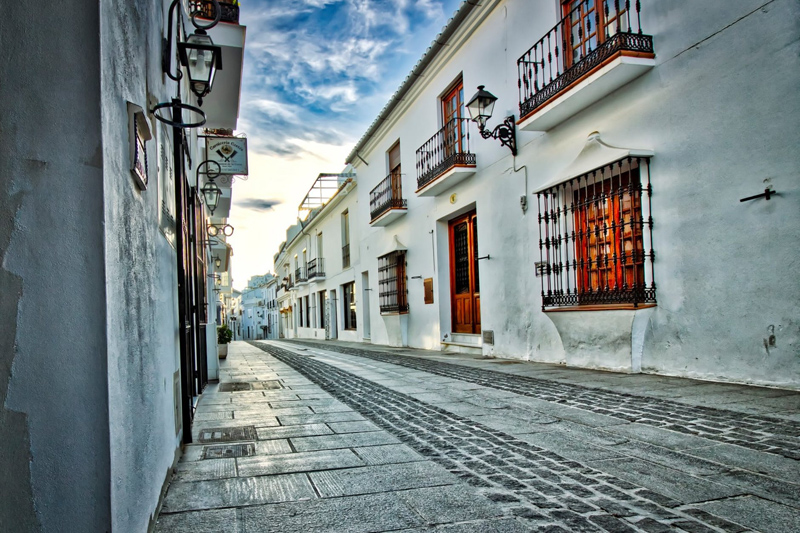Tip - Accents and Spanish Compound Words.

| First, what's a compound word? It is "a word composed of two or more words; specifically, two or more words joined together by a hyphen." (TheFreeDictionary.com) And, what's more, in Spanish we have compound words, either joined together by a hyphen or without it, forming one word. Let's see some examples: 1. Spanish compound words without a hyphen: paraguas (para+aguas) = umbrella guardabarros (guarda+barros) = fender abrelatas (abre+latas) = can opener cortafuegos (corta+fuegos) = fire line This type of compound words follows the Spanish accent rules. For example, the word "paraguas" is a "llana" word, and "llanas" words take the writen accent when they do not end in either vowel, -n or -s. As "paraguas" is "llana" and ends in -s, no accent must be writen. 2. Spanish compound words with a hyphen: físico-químico = physicochemical lógico-matemático = logical-mathematical histórico-artístico = historic-artistic hispano-alemán = Hispano-German This type of compound words follows the Spanish accent rules for every simple word in the compound word. For example, the word "histórico-artístico". As this compound word has a hyphen between its two simple words, the accent rules apply to all and every simple word. So, its first word "histórico", takes the accent as it is an "esdrújula" word, and same for the second simple word "artístico", which is also "esdrújula". (As you already know, these "esdrújulas" words always take the written accent). | |
Recommended material:
Watch my video Learn how to pronounce Spanish vowels. It is free!

